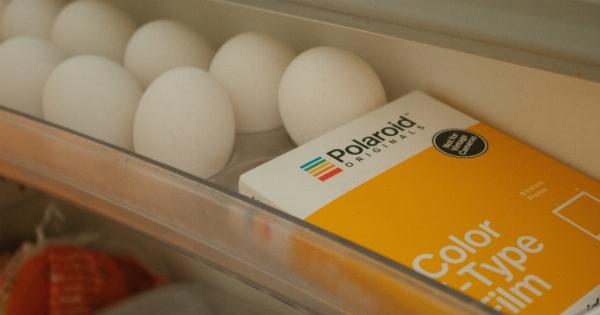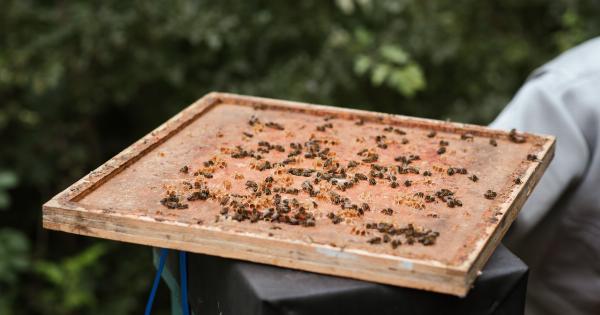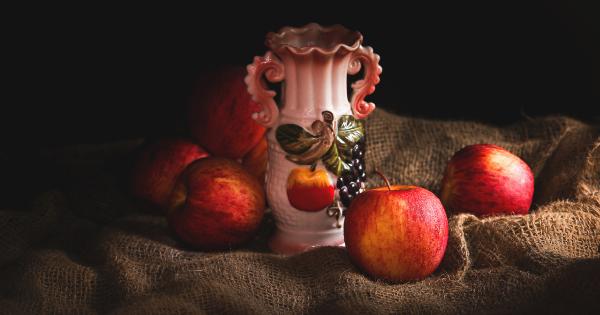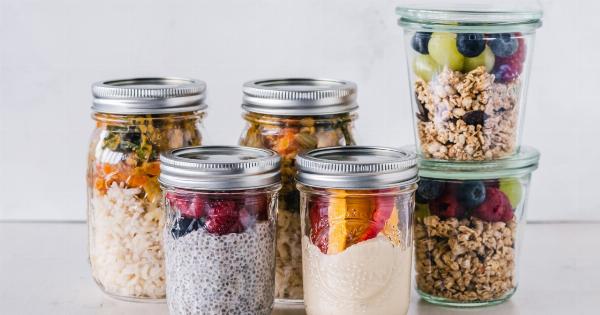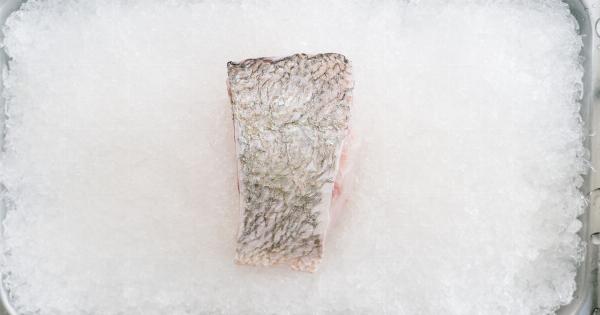Potatoes are a staple food in many households around the world. They can be boiled, baked, roasted, fried, or mashed, and are a versatile and flavorful addition to any meal.
However, storing potatoes improperly can cause them to spoil quickly and become unsuitable for consumption.
One common mistake people make when storing potatoes is putting them in the fridge. Contrary to popular belief, refrigeration is not the best way to store potatoes, and can actually cause them to spoil faster.
In this article, we’ll explore why potatoes need to be kept away from the fridge, and what the best methods for storing them are to keep them fresh for longer.
Why Potatoes Shouldn’t Be Stored in the Fridge
The main reason why potatoes shouldn’t be stored in the fridge is because refrigeration can cause the potatoes to develop a sweet taste and a gritty texture.
This is due to the conversion of starch into sugar, a process that is accelerated by cold temperatures.
Additionally, storing potatoes in the fridge can also cause them to develop dark spots and rot faster. This is because the cold, damp environment of the fridge can promote the growth of bacteria and mold on the surface of the potatoes.
Furthermore, potatoes stored in the fridge may also absorb the flavors and odors of other foods in the fridge, making them taste and smell unpleasant.
What Is the Best Way to Store Potatoes?
The best way to store potatoes is in a cool, dark, dry place with good ventilation. Ideally, the temperature should be between 45°F and 50°F (7°C and 10°C) and the humidity should be around 95%.
This helps to prevent the potatoes from sprouting, rotting, or developing a sweet taste.
Some good options for storing potatoes include:.
1. Root Cellar
If you have access to a root cellar, this is one of the best places to store potatoes. Root cellars are cool, dark, and well-ventilated, making them ideal for preserving vegetables.
If you don’t have a root cellar, you can create a makeshift one by burying a large, sealed container in a cool, shady spot in your yard or garden.
2. Pantry or Cupboard
If you don’t have a root cellar, you can store potatoes in a pantry or cupboard that is cool, dark, and dry. Make sure to choose a spot that is away from heat sources and direct sunlight, as this can cause the potatoes to sprout or rot.
You can also place a clean, dry cloth over the potatoes to absorb any excess moisture.
3. Paper or Mesh Bag
To keep potatoes fresh for longer, you can store them in a paper or mesh bag. This allows for air circulation, which helps to prevent the potatoes from getting moist and developing mold.
Make sure to choose a bag that is clean and dry, and avoid plastic bags, as they can trap moisture and cause the potatoes to rot.
4. Cardboard Box
If you have a cardboard box that is clean and dry, you can use it to store potatoes. Make sure to line the box with paper or a clean cloth to absorb any excess moisture.
You can also place the box in a cool, dark spot with good ventilation to keep the potatoes fresh for longer.
5. Keep Them Separated
When storing potatoes, it’s important to keep them separated from each other. This helps to prevent the spread of disease and rot, and also makes it easier to remove any bad potatoes without affecting the rest of the batch.
You can use dividers or separate containers to keep the potatoes in individual compartments.
Common Mistakes to Avoid When Storing Potatoes
There are a few common mistakes that people make when storing potatoes that can cause them to spoil quickly. These include:.
1. Keeping Them in Plastic Bags
As mentioned earlier, plastic bags can trap moisture and cause the potatoes to rot. Instead, opt for paper or mesh bags, or use a cardboard box lined with paper or a cloth.
2. Storing Them Near Heat Sources
Heat can cause the potatoes to sprout or rot quickly, so make sure to store them away from heat sources like ovens, stoves, and heaters.
3. Keeping Them in Direct Sunlight
Direct sunlight can cause the potatoes to develop a green tint and become bitter. Make sure to store them in a dark spot, and if you need to transport them, use a covered basket or bag.
4. Not Checking Them Regularly
It’s important to check your potatoes regularly for signs of rot or sprouting. Remove any bad potatoes immediately to prevent them from affecting the rest of the batch.
Conclusion
Potatoes are a delicious and versatile food, but they require proper storage to stay fresh and flavorful. Keeping potatoes in the fridge is not recommended, as it can cause them to develop a sweet taste, gritty texture, and become more prone to rot.
Instead, store your potatoes in a cool, dark, dry place with good ventilation, such as a root cellar, pantry, or using paper or mesh bags. Avoid common storage mistakes like using plastic bags, storing them near heat sources, or keeping them in direct sunlight.




